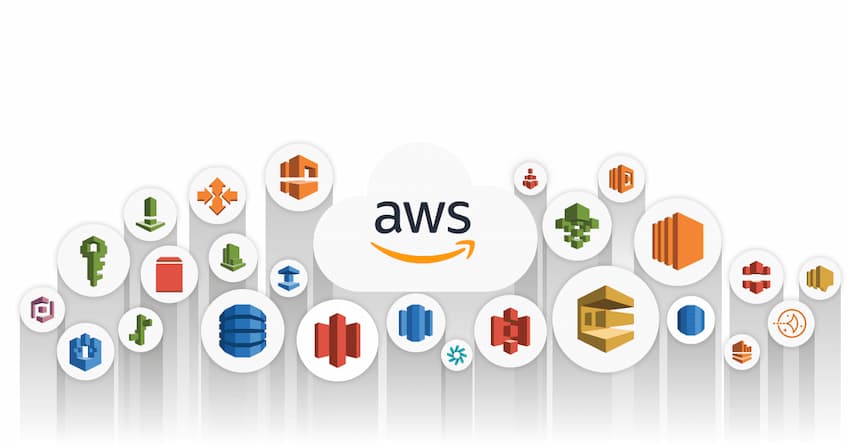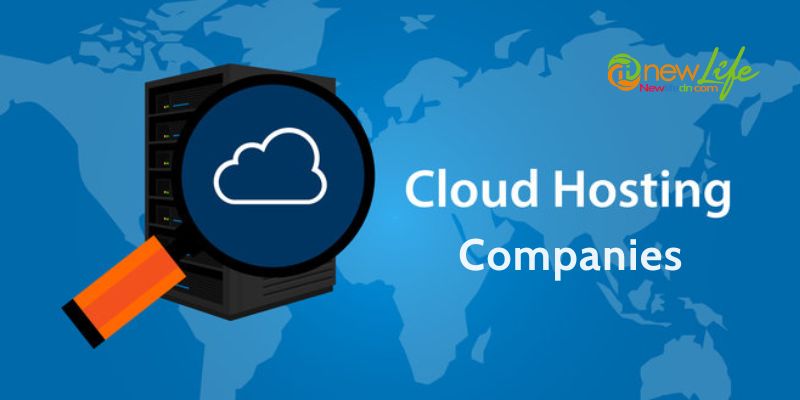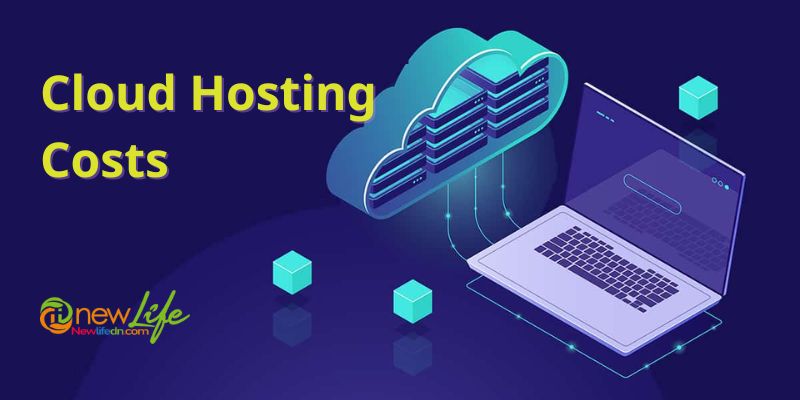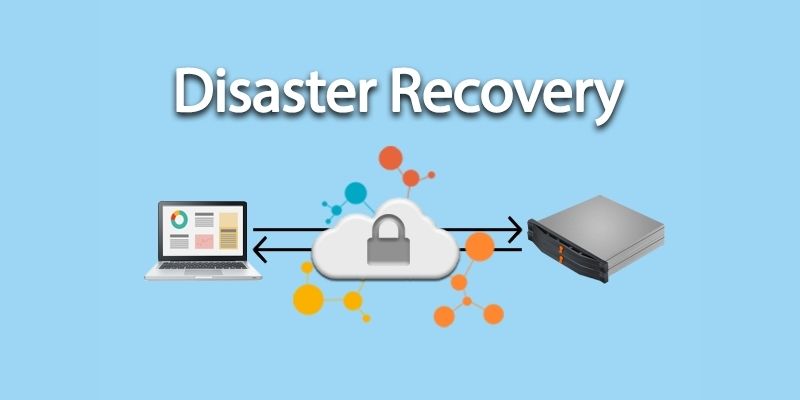Amazon Web Services (AWS Cloud Computing) is Amazon’s cloud computing platform that provides a mix of packaged services such as software as a platform as a service (PaaS), service (SaaS), as well as infrastructure as a service (IaaS) (IaaS). Amazon launched AWS in 2006 from its internal infrastructure, which was used to manage online retail operations. It was one of the initial companies to offer users computing, throughput, and storage on a pay-as-you-go cloud computing model.
There are several accessibility zones (AZs) present in data center regions around the world. An AZ is a location that houses several physical data centers. A region is a collection of AZs linked by low-latency network links. As an AWS customer, you will be configuring virtual machines as well as replicating data across AZs. This aids in the development of a dependable infrastructure that is resistant to server or data center failure.
Contents
What precisely is AWS Cloud Computing?
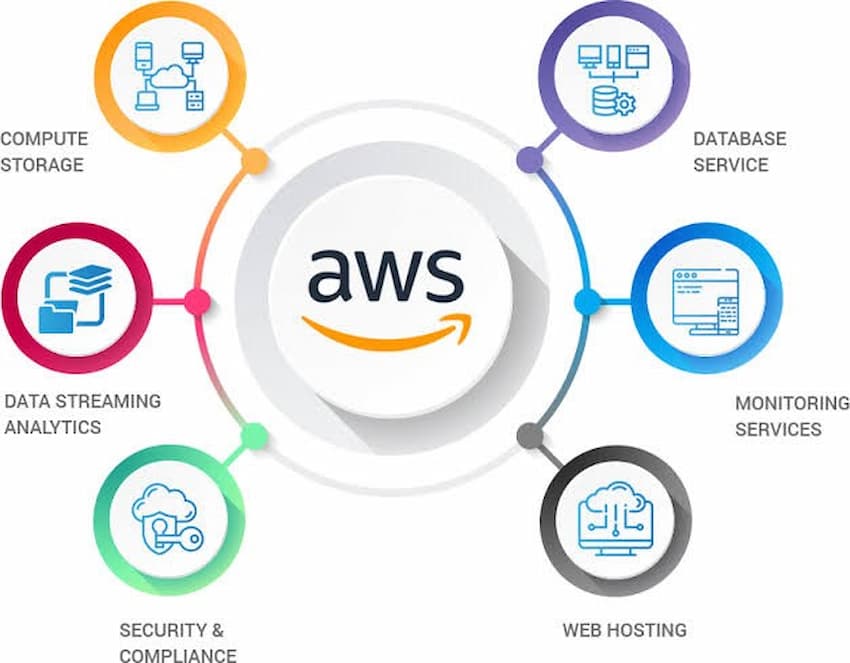
AWS is a cloud service provider that provides a variety of computing services that really are accessible via the internet. AWS manages and maintains infrastructure as well as hardware for organizations and individuals, saving them the expense and complexity of buying and running resources on-site. These resources can be accessed for free or for a fee.
What AWS is used for?
AWS Cloud Computing currently powers much of the internet’s infrastructure. The platform includes everything you could possibly need for your small, medium or large corporation. Listed are a few business benefits of utilizing AWS:
Basic Storage Service
Amazon AWS offers S3, or Simple Storage Service, which can be used to share large or small files with large groups of people online. Depending on the type of web server you use, you may rapidly run out of resources because sharing large amounts of data online is very costly. AWS provides you with cloud storage that is scalable for file sharing.
Simple Email Service
When you need to send emails to hundreds of clients, you can’t just use Outlook or Gmail. Even if you manage to send the emails, email providers such as Yahoo and Gmail will consider them as spam. Amazon’s Simple Email Service can handle those very transactional emails at a low cost.
CloudFront
Web data is routed from a centralized server to an edge server’s distributed network, which is closer to the end location. user’s The Content Delivery Network or CDN, handles this task. This better distributes website traffic loads, improving load times as well as providing a better user experience. Large CDNs are costly. Amazon’s CDN service, CloudFront, manages to consolidate everything into a single room while remaining infinitely scalable.
AWS website hosting provides the benefit of not having to worry about surpassing the allocated resource usage. Although hosting a website on AWS is not a one-click process, its scalability makes it the perfect platform for hosting multiple websites.
Sharing file system
In a large company, all computers typically use one central drive to store and share files with other teammates. AWS provides a file-sharing system that is better suited for a company with employees all over the world. Once everything is in place, it will always work on a larger scale. You’ll never run out of disk space, and you’ll be able to access your files regardless of where you are in the world.
Benefits of incorporating AWS Cloud Computing
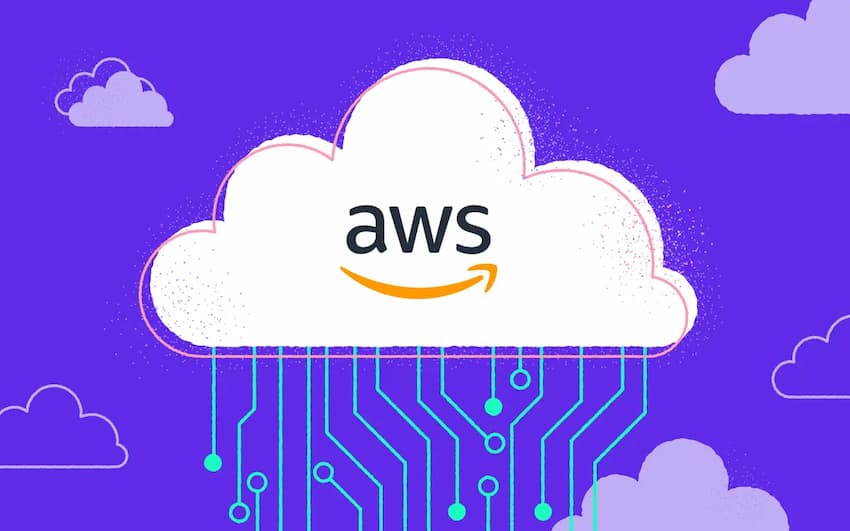
In terms of strengths, AWS has the most solid and extensive offering because it had such a huge forehead start on current competitors. There are presently 175 services and more are being added. Weekly, new enhancements, features, and services are released. AWS offers so many services that nearly every use case can be accommodated. Services range from basic storage and computation to more specialized niche services such as robotics, streaming media, and even quantum computing.
Here are some additional benefits of incorporating AWS into your business:
- It enables organizations to use well-known operating systems, databases, architectures, and programming models.
- There aren’t any long-term commitments or payments required upfront. Because you only pay for what you use, it is a very cost-effective service.
- Data centers do not cost anything to operate or maintain.
- You can appreciate faster deployments with AWS services.
- It is very simple to add or remove capacity.
- You can quickly gain access to the cloud and engage in the limitless activity.
- The cost of ownership is low when compared to private servers.
- AWS services are hybrid in nature.
- It provides centralized billing and management.
- With a few clicks, applications can be deployed in multiple regions around the world.
The bottom line
In terms of drawbacks, when you’re as large as Amazon, you’re obligated to step on some toes. Many retailers regard Amazon as a direct competitor as well as simply cannot carry themselves to give their rival any money. Furthermore, while AWS Cloud Computing doesn’t really charge you to store your data in their cloud, you must pay a fee to retrieve that data.
